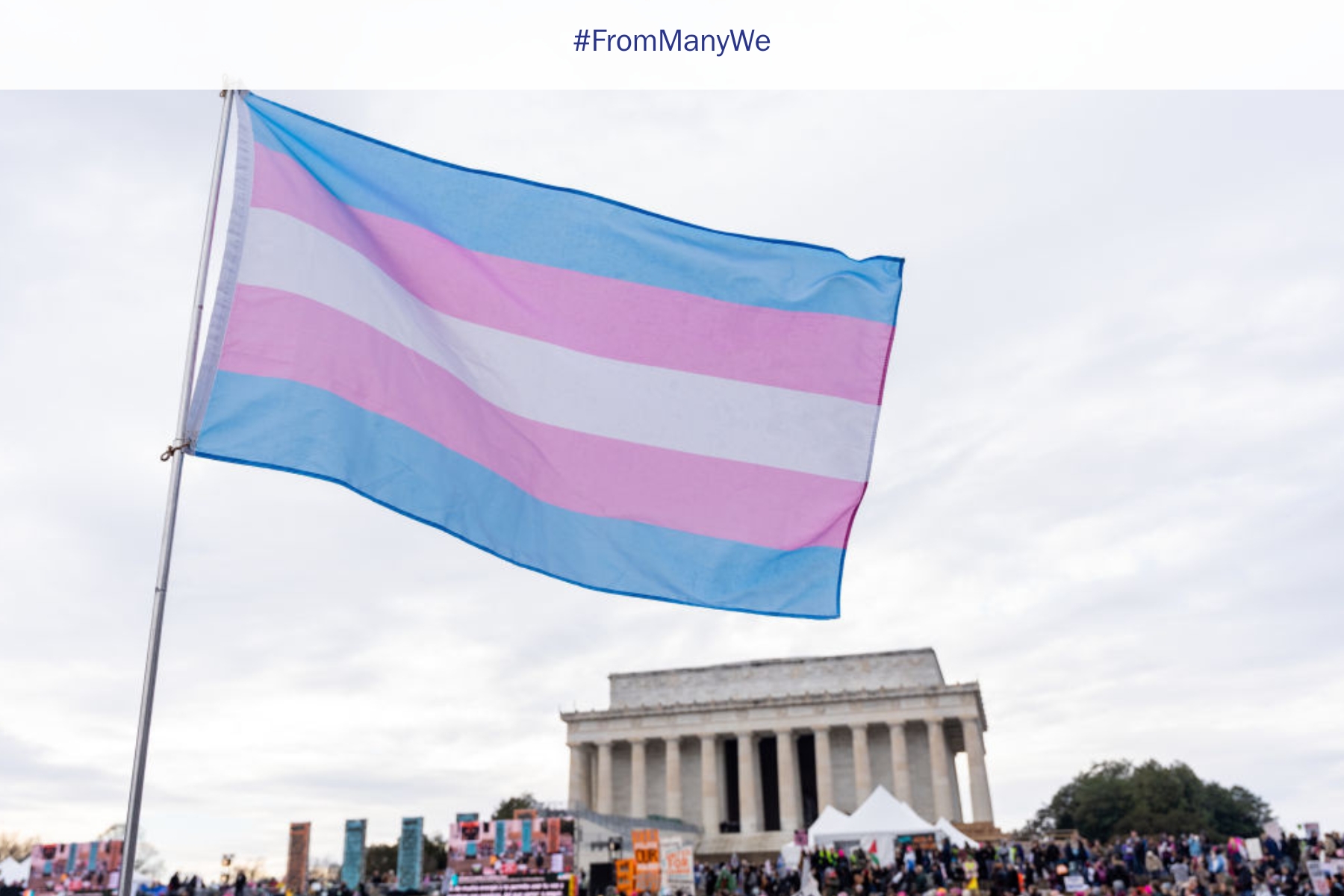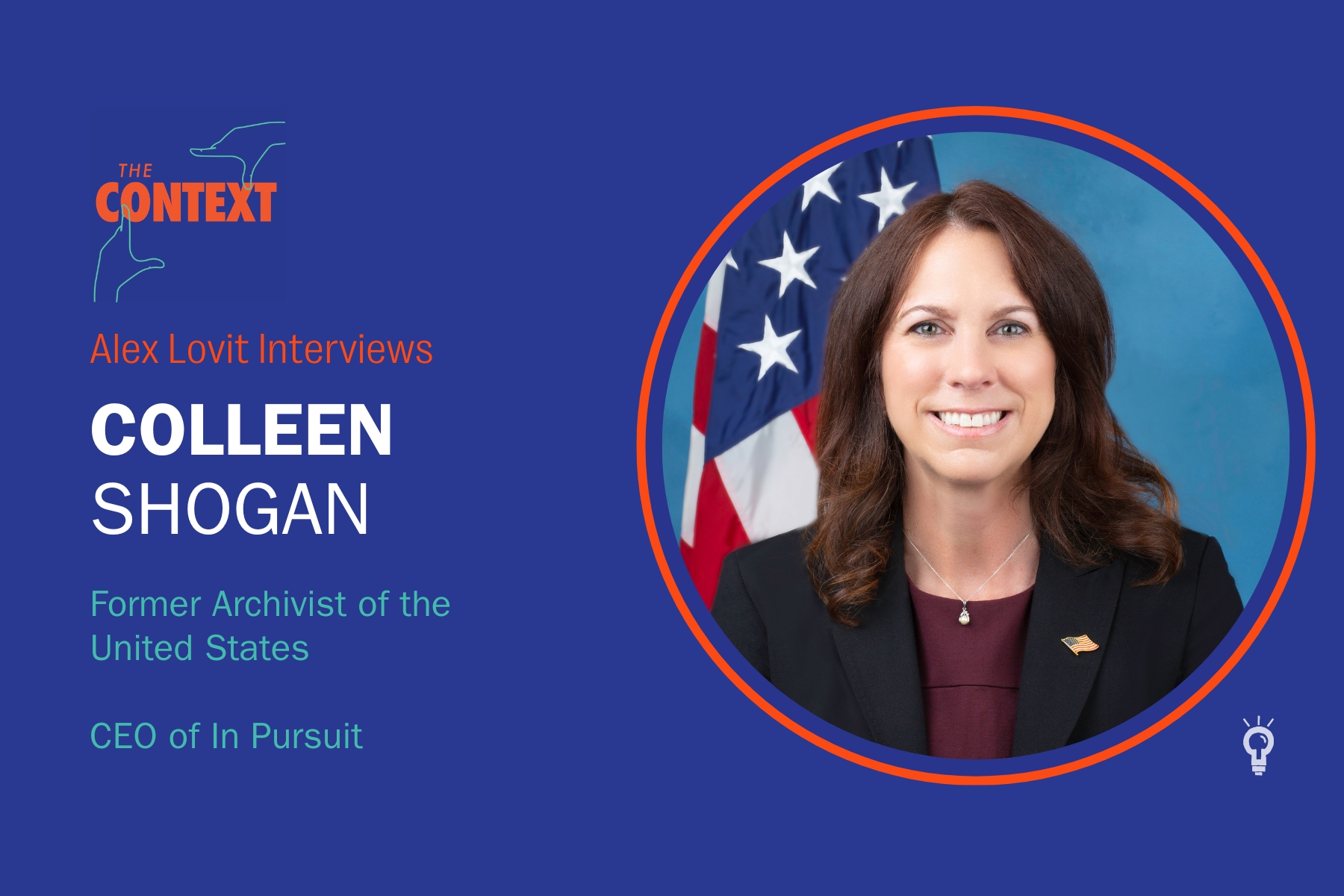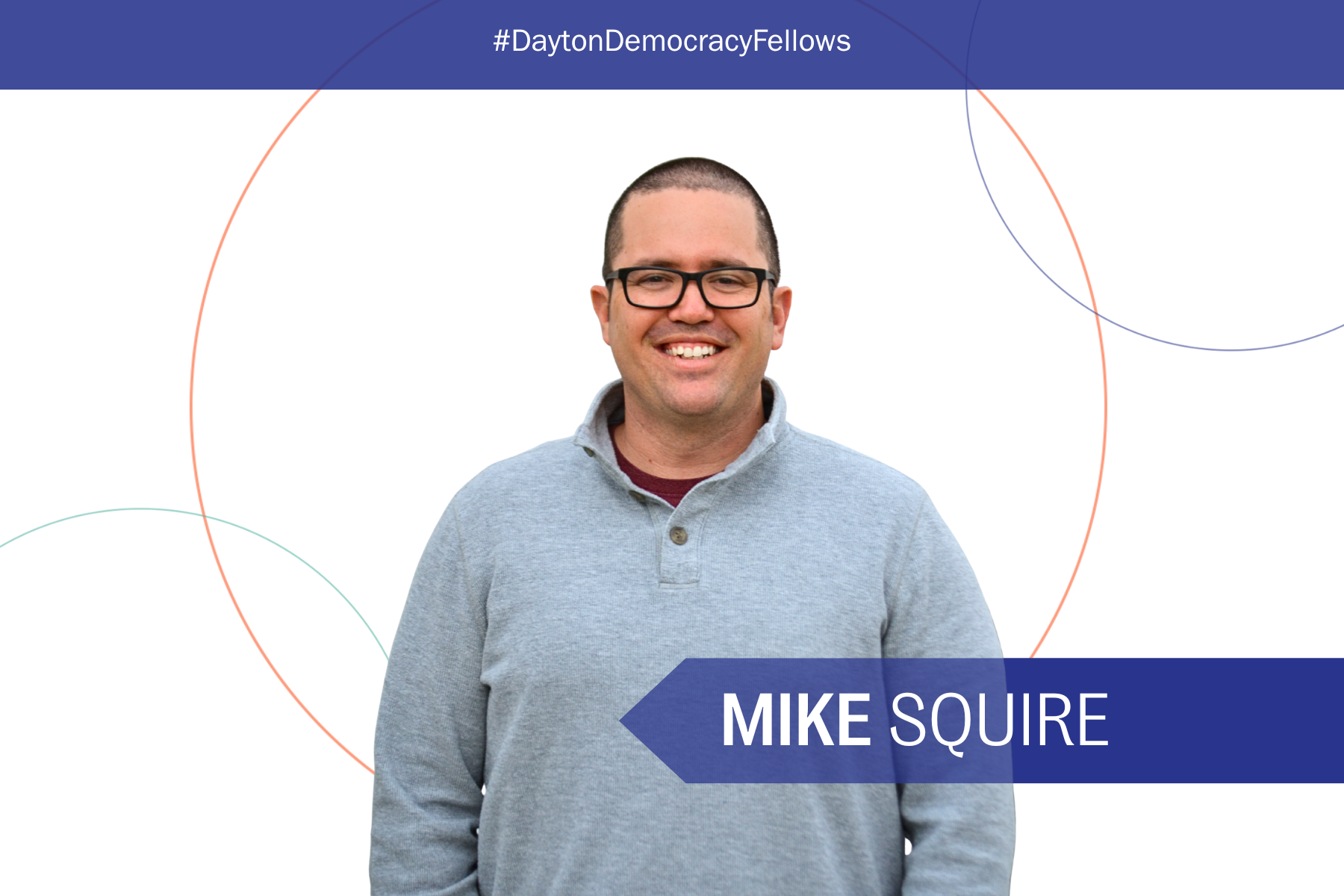Do Not Comply: A Lesson from the Last Three Months of Anti-Trans Attacks

The months since Trump’s election have been brutal for transgender people like me. States are churning out laws that strip us of legal recognition, bar us from bathrooms, void our IDs, and more. That should be enough, but 2025 has delivered a different, more insidious threat—one we were unprepared to face. It isn’t just the executive orders banning our passports, blocking transgender visa seekers from entry, threatening teachers with investigations for using our names, or erasing us from federal websites—though those do play a role. The real danger has come from mass overcompliance: institutions, including well-meaning ones, rushing to carry out the administration’s anti-trans agenda without being asked. These attacks began with us, but the consequences won’t end there. The country needs to understand the lesson being written in real time: do not comply.
An Explosion of Targeted Attacks
The first of Trump’s executive orders targeting transgender people came with a loaded title: “Defending Women From Gender Ideology Extremism and Restoring Biological Truth to the Federal Government.” The order declared that sex is binary and fixed at birth and uses rigid definitions of “man” and “woman” that fly in the face of established science. Without statutory authority, it then applied these definitions across all US code—resulting in sudden policy shifts like the revocation of gender marker updates on passports. The fallout has been immediate and destabilizing: some transgender people have had their passport renewals denied or even had documents confiscated, while others are left unsure whether they can safely travel at all. Compounding the damage, the administration has treated any contradiction to its definitions as justification for stripping federal grants—an abuse of executive power that sidesteps congressional authority.
As executive orders continued to cascade from the Trump administration, an expanding list of policies became mandatory not just for federal agencies but for institutions across the country. One order barred transgender athletes from competing in everything from darts to disc golf to dance and threatened to strip funding from any school that adopted local or individualized policies. Another order targeted hospitals, warning that providing gender-affirming care to anyone under 19—including legal adults—could trigger federal investigations and funding cuts. Meanwhile, the cuts made by Elon Musk’s Department of Government Efficiency (DOGE) have dominated headlines as organizations scramble to comply with vague and nebulous policies. Many organizations complied under the direct or implied threat of losing critical resources.
The Danger of Pre-Compliance
This last phase of reactionary compliance is where something more insidious began to unfold. Organizations, including those with long histories of supporting LGBTQ+ people, started erasing trans and queer communities from their websites, shuttering resources, and, whether out of fear or compliance, became willing enforcers of Trump’s anti-trans agenda.
The first signs came from government websites. Research papers on transgender health funded by federal grants were quietly removed or retracted. The National Park Service altered language at the Stonewall National Monument, stripping the TQ+ from LGBTQ+ and rewriting history to frame the uprising—led in large part by transgender people—as a fight solely for “LGB rights.” Even the biography for Sylvia Rivera, one of the most prominent transgender figures at Stonewall, was edited. Her section on the National Park Service’s Stonewall page now says she fought for “gay and rights”—a clumsy, ahistorical revision that manages to erase her identity while mangling the grammar. Such attempts to revise history and control language are designed to cleave away would-be allies, a common tactic of authoritarian regimes.
The erasure quickly spread beyond government agencies. Nonprofits that received federal funding began scrubbing all mention of transgender people from their websites. The National Center for Missing and Exploited Children erased references to transgender youth entirely; internal reports indicate staff were instructed to deadname, or intentionally misgender, missing trans children and list them by their sex assigned at birth. The Rape, Abuse & Incest National Network (RAINN), one of the country’s leading anti-sexual-assault organizations, followed suit and removed resources aimed at LGBTQ+ survivors, including children. These moves don’t protect children, they endanger them.
Many readers have likely noticed diversity, equity, and inclusion resources are quietly disappearing from their workplaces. Corporate donations to pride parades have dried up. Entire diversity departments and programs have been cut. In some cases, companies are scrubbing references to transgender and queer people altogether, fearful that even acknowledging our existence could jeopardize federal contracts or funding.
A chilling veil of silence has fallen over LGBTQ+ people in America—our existence is now considered too risky to even name.
Fear and Uncertainty Breed Anticipatory Obedience
A lesson can be found in all of this. The most devastating damage from these executive orders hasn’t come from their direct mandates but from their vagueness. The orders are deliberately opaque and create just enough uncertainty to push institutions into overcompliance. Risk-averse legal teams, fearful of losing federal funding or becoming political targets, preemptively erase transgender people from policies, programs, and public language. The cruelty lies in the ambiguity. These orders don’t explicitly bar specific conduct but deputize decision-makers to interpret them in ways that inflict the greatest harm on disfavored communities.
Timothy Snyder’s book On Tyranny has often been quoted in recent times as a guidebook for how to deal with the kind of tyrannical government we are seeing under Trump’s second term. Snyder wrote that the very first lesson people must learn:
Do Not Obey In Advance: Most of the power of authoritarianism is freely given. In times like these, individuals think ahead about what a more repressive government will want and then offer themselves without being asked. A citizen who adapts in this way is teaching power what it can do . . . Anticipatory obedience is a political tragedy.
We are, in many ways, teaching those in power what they can get away with by complying with regulations that have no legal basis.
I understand the fear that organizations are responding to. Each individual decision that erases a mention here or cuts a program there can feel rational. Everyone wants to keep their head low, but fear calcifies into cowardice. And cowardice, when widespread, leads to the erosion of every value we claim to hold.
Where Is Your Line?
I recently spoke to an LGBTQ+ health clinic that had removed all references to transgender care. They told me it was to preserve federal funding—especially for their HIV/AIDS prevention work, which they rightly see as essential. I asked them, “Where is your line?” Because today it’s transgender youth. Tomorrow, the same tactic—vague threats of defunding, politicized reinterpretations of executive orders—could be used to push them to drop PrEP, or birth control, or abortion care, or even antidepressants. Given how far the administration has gone in just three months, it’s naïve to think these tactics will stay confined to one population.
To those in the boardrooms making these decisions, I have only one question: Where is your line? Think about the values you claim to hold—what matters enough to make you stop complying? And then realize if you’re waiting until they’ve crossed your line, it’s already too late. You didn’t stand up when it wasn’t you they came for. That’s why the Niemöller poem doesn’t end with the first knock, it begins there. Because the terrifying truth about creeping authoritarianism is that it never stops at its first target. By the time it reaches your door, the silence you once chose will be all that’s left for you.
Erin Reed (she/her) is a transgender journalist based in Washington, DC. She tracks LGBTQ+ legislation around the United States for her subscription newsletter, ErinInTheMorning.com.
From Many, We is a Charles F. Kettering Foundation blog series that highlights the insights of thought leaders dedicated to the idea of inclusive democracy. Queries may be directed to fmw@kettering.org.
The views and opinions expressed by contributors to our digital communications are made independent of their affiliation with the Charles F. Kettering Foundation and without the foundation’s warranty of accuracy, authenticity, or completeness. Such statements do not reflect the views and opinions of the foundation which hereby disclaims liability to any party for direct, indirect, implied, punitive, special, incidental, or other consequential damages that may arise in connection with statements made by a contributor during their association with the foundation or independently.








